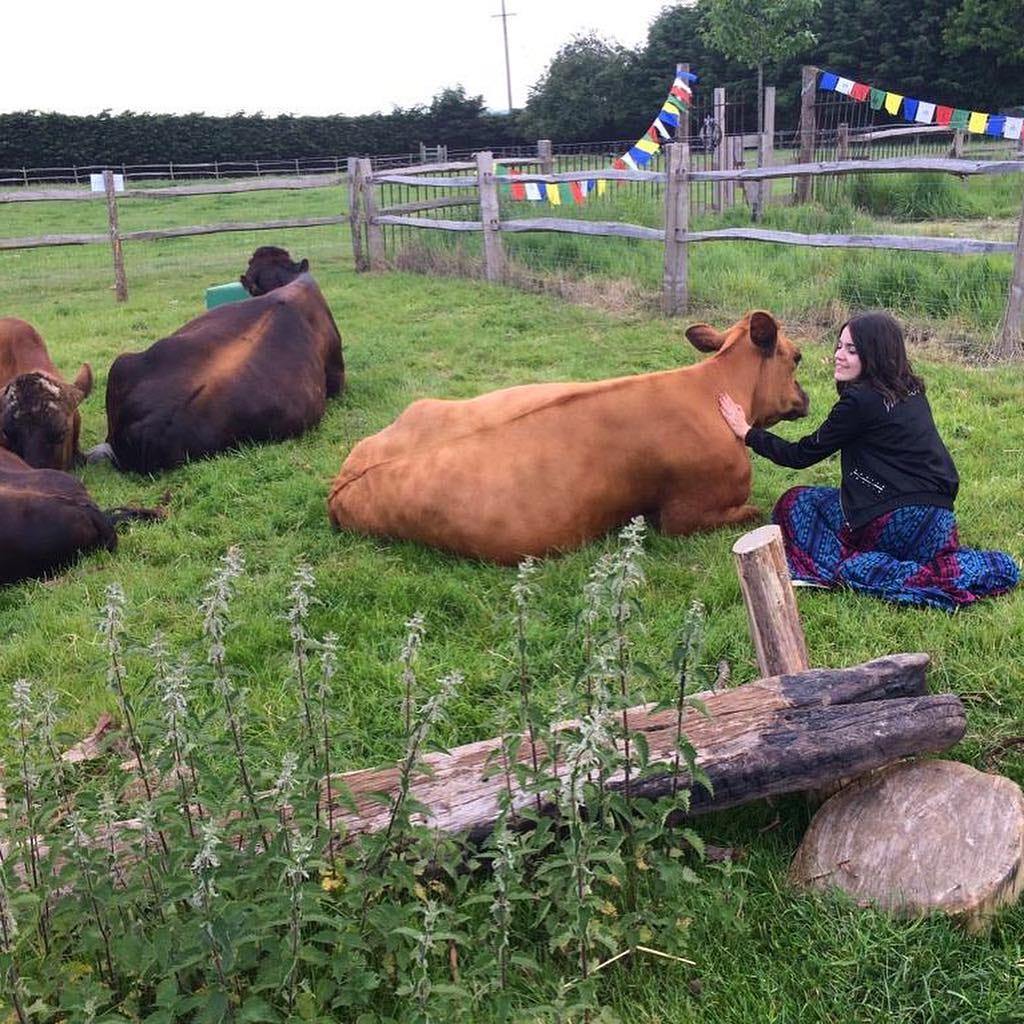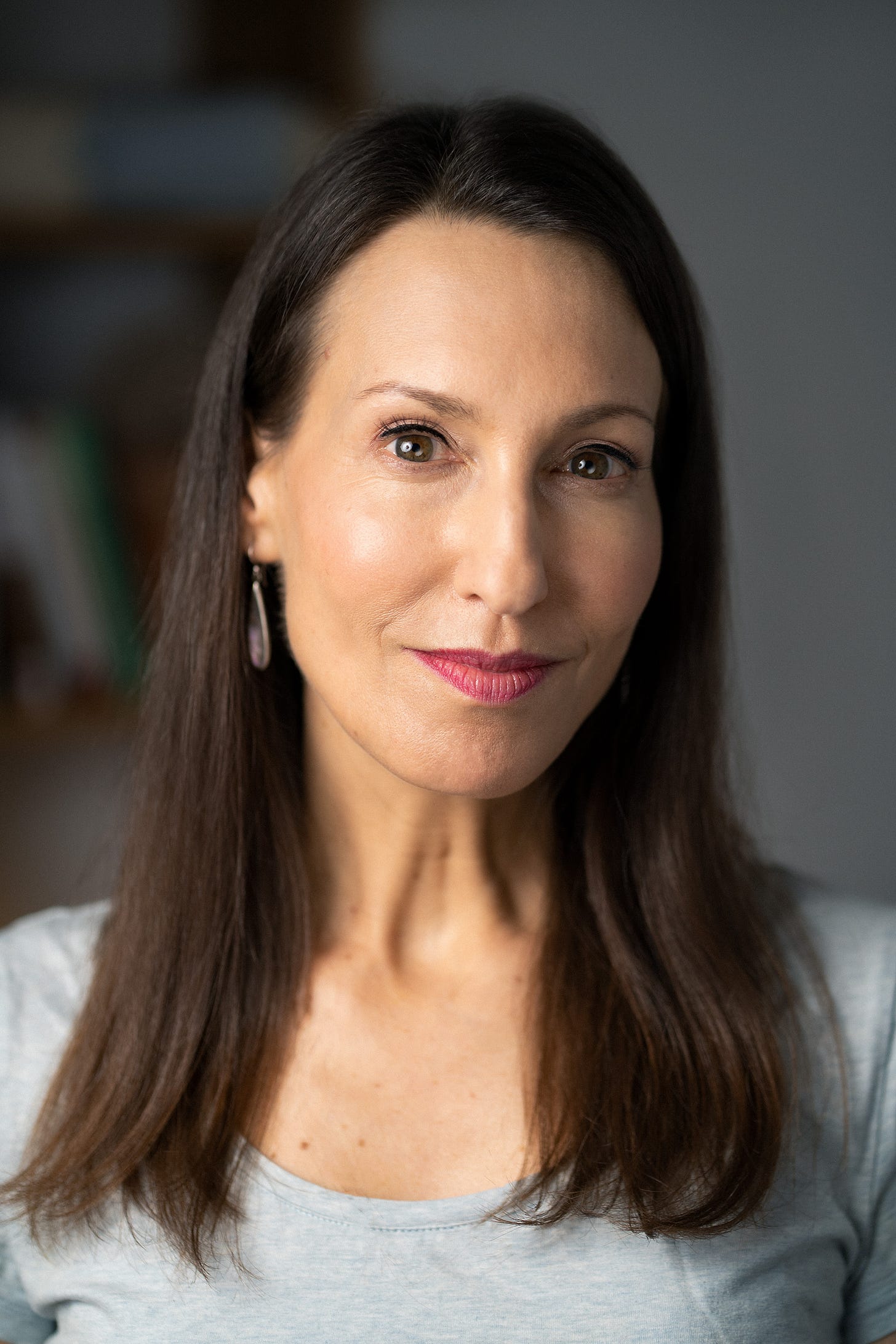How to Avoid Activism Burnout
Doing too much for your cause can be detrimental to it - and to you
It was almost 8pm when I broke down crying in front of my computer.
My then-boyfriend, now-husband emerged from the kitchen where he had been cooking our dinner. “What’s wrong?” he had asked, dish towel in one hand and pasta bowl in the other, concerned look on his face.
I quietly suppressed my sobbing. I didn’t want to burden him with what I’d spent hours looking at - photos and stories of puppies found in plastic bags in garbage bins, animals mutilated, dead or dying, healthy dogs at risk of euthanasia due to the lack of good homes, and countless cases of callous human violence against animals. As a volunteer blogger for a small, grassroots dog-rehoming organisation, I dealt with a constant onslaught of these images every week.

I was experiencing activism burnout, also referred to as “compassion fatigue” - this state was first described by university professor Dr Charles Figley in 1992, when he described it as “the emotional and physical burden created by caring for others in distress”. When I’ve talked to other activists, across several causes, many of them have echoed this sentiment.
In her TedX talk “Compassion Fatigue: What is it and do you have it?” author and coach Juliette Watts describes the state as a “dark, insidious syndrome that creeps up on you. You don't know what it is, you don't know you have it. You just know that something is very wrong and you don't feel like you anymore.”
Someone who knows a lot about this is social psychologist, author and educator Dr. Melanie Joy, whose book Why We Love Dogs, Eat Pigs, and Wear Cows: An Introduction to Carnism I am reading right now (recommend!). Keen to explore the psychological side of our attitudes towards animals, Dr Joy has thoughts on why vegans in particular encounter compassion fatigue. “It takes a tremendous amount of psychological and emotional energy to manage the pressure of living in a dominant animal-eating culture. Many vegans are trying to pick up the pieces of the mess created by others. Not only are our efforts often invisible to others, but when people do become aware of what we are doing, we are mocked and ridiculed for it.”
I imagine this to be true for many social-justice movements. Activists across the range of causes have spoken about the frustration of the world around them being indifferent to - or dismissive of - of their efforts to right the wrongs with the world. “We are often on the receiving end of negative stereotypes, hostile humour, and simply not being seen and witnessed for who we are,” says Dr Joy. “This can also be deeply emotionally draining.”
Dr Joy stresses that there is “a high rate of trauma” among activists, with many people having “witnessed graphic footage and imagery of suffering.” And once you become traumatised, “burnout often follows,” warns Dr Joy. Her advice is actually to cut down on your exposure to this imagery: “Watching the suffering isn’t helping the victims - it’s actually feeding the trauma. People feeling obligated to consume trauma are allowing the trauma to keep itself alive. This, in turn, compels you to consume even more traumatic material.” Dr Joy concludes that “the best thing you can do for the movement is to stop consuming it, so that you can stay healthy and be an effective ambassador for the cause” - which we actually stop being if we are traumatised. Think about that.
I don’t know about you, but I sometimes need a reminder that self-care is a necessity, not a luxury. With trauma, “people can become more self-neglecting and basically feel guilty about feeling good,” observes Dr. Joy. “When thinking of all the atrocities in the world, it’s hard to justify giving to yourself, taking care of yourself.” Overwork and long hours can also be part of burnout, according to Dr Joy, as can the pressure to ‘convert’ those around you to the cause - if you aren’t immediately successful, it can feel like you’re failing the cause.
As I went on to immerse myself into the world of animal rights by getting a job for a vegan advocacy organisation - which involved viewing graphic footage to animals, writing content about animal abuse, and constantly being exposed to violence to animals. I have now been in my role for over nine years, and I don’t cry at work (anymore). “You sort of put a shield up,” said a colleague once, and I completely understand. We equip ourselves with the mental tools to be able to stay active in the cause.
How we do it? This article is old, but brilliant and still relevant. Dr Joy’s organisation Beyond Carnism offers a course in Sustainable Vegan Advocacy that helps activists to find a way to be active that suits them in the long run. Regulating your nervous system is also key - which was news to me! - as many people who are burnt out have nervous systems that aren’t properly regulated. Working on your thoughts, breath work and other ways to regulate your nervous system can be very powerful in maintaining both mental and physical health when facing burnout. Another key point Dr Joy stresses is to “build relational literacy. Research has shown that people who are able to maintain healthy, connected relationships are less likely to suffer from mental and physical health issues, as well as trauma and burnout.”
For me personally, switching off is the number-one key to staying…switched on. By taking occasional breaks from activism and returning to Sascha the person rather than Sascha the animal defender, I get to be a better animal defender. Consuming funny, light-hearted content is a life-saver - something I’ve heard from many people who have dealt with trauma. Connecting with loved ones, chatting to friends and family, taking a walk with my husband also calms that internal turmoil. And of course my self-care habits: regular exercise, meditation, good food. Protecting my right to positive energy, and realising that it’s this energy that makes me the best advocate I can possibly be.
If you’re nodding along while reading this, please take action. Take responsibility for switching off and take steps to improve your mental and physical health in order to be the best advocate for your cause that you can be. There is a lot of injustice in the world and it can be hard to bear sometimes. But by not allowing ourselves to become too consumed, we can ensure that our commitment remains sustainable.
Top photo by David Camilli. Second photo courtesy of Dr Melanie Joy.





Thanks for sharing this
Thank you for this thoughtful piece. I find it a hard balance between the imperative of staying aware and engaged on the one hand and on the other hand not becoming completely overwhelmed and burnt out. I definitely don’t get the balance right and find it easy to feel guilty and become discouraged either way.
I love the idea of spending time with happy animals - both therapeutic and a positive reminder of why we need to keep going ❤️